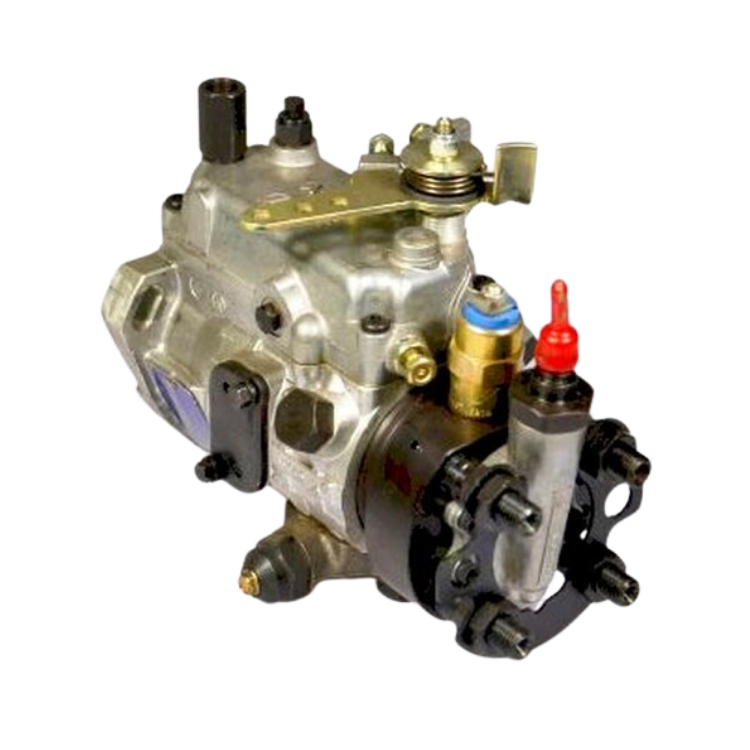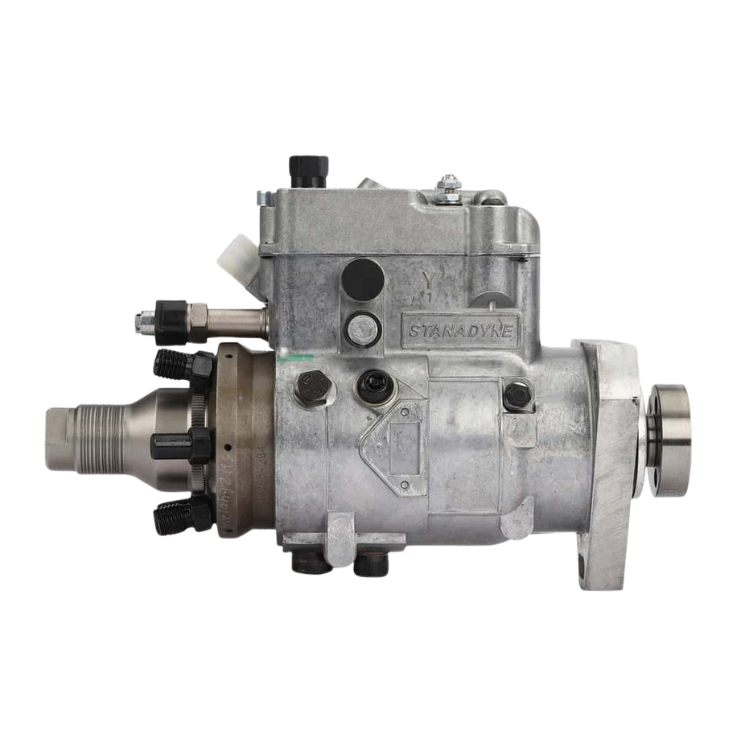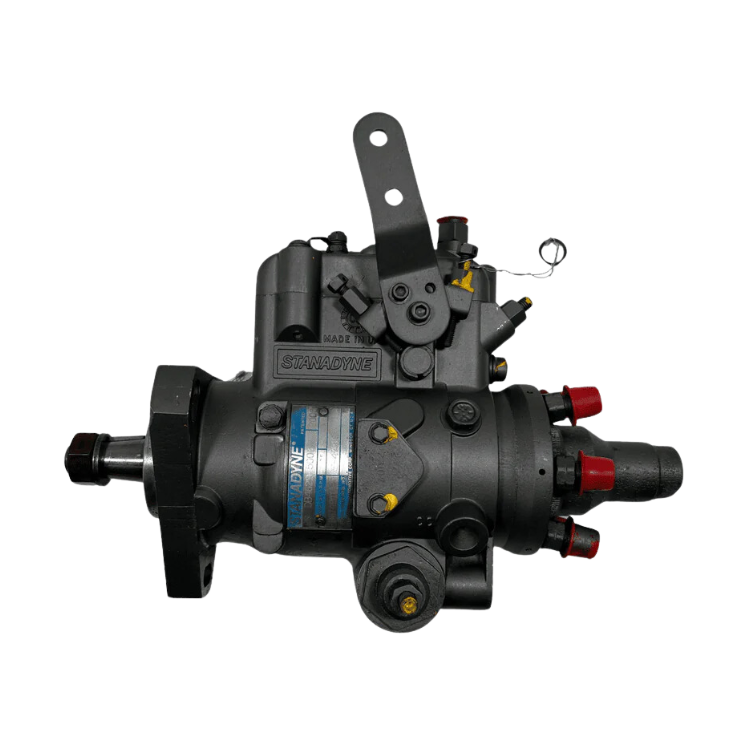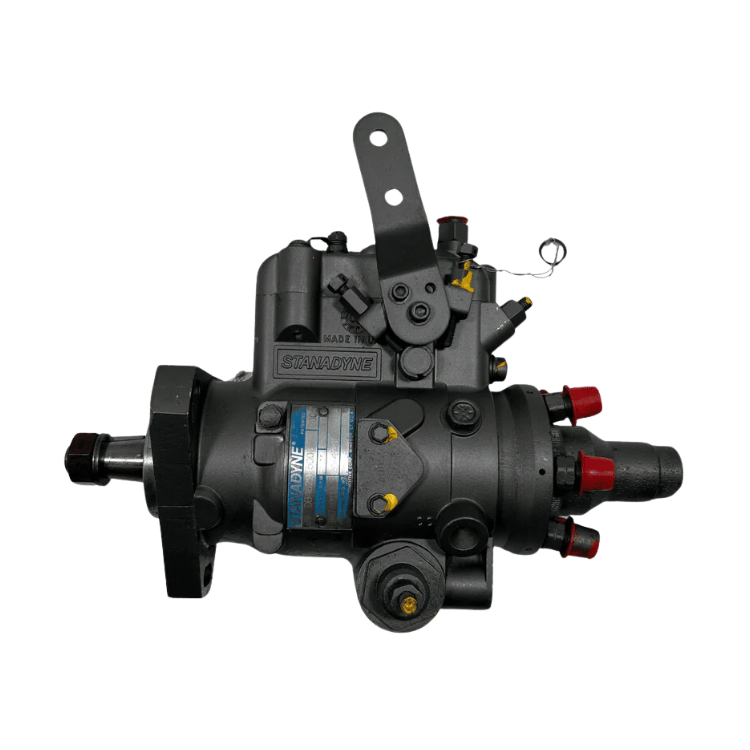The injection pump is a crucial part of a diesel engine’s fuel system, responsible for delivering pressurized fuel to the injectors at the precise time and volume needed for efficient combustion. When the injection pump begins to fail, it can lead to a range of engine performance issues. Understanding what causes these failures can help prevent costly repairs and extend the life of your engine.
Common Causes of Injection Pump Failure
-
Contaminated Fuel
Dirt, water, or debris in diesel fuel can cause internal damage to the pump’s tight-clearance components. Even small amounts of contamination can lead to corrosion or abrasion inside the pump. -
Poor Lubrication
Diesel fuel not only powers the engine but also lubricates the fuel system. Low fuel quality or lack of lubrication additives can cause internal wear and premature failure. -
Air in the Fuel System
Air leaks or improper bleeding of the system can result in cavitation, which causes damage to the pump’s internal components due to vapor bubbles collapsing under pressure. -
Excessive Heat
High operating temperatures or inadequate cooling can cause components within the injection pump to expand, warp, or seize. -
Electrical Failures
For electronic fuel injection pumps, failures in sensors, wiring, or the Electronic Control Module (ECM) can disrupt pump operation and lead to malfunction or shutdown. -
Improper Timing
If the pump timing is off, it can cause inefficient combustion, knocking, and eventually damage both the pump and the engine. -
Lack of Regular Maintenance
Skipping fuel filter changes or neglecting routine inspections can allow wear and debris buildup to go unchecked, reducing pump lifespan.
Injection pump failure is often the result of preventable issues such as fuel contamination, poor maintenance, or overheating. Keeping the fuel system clean, using high-quality diesel, and performing regular service checks are the best ways to maintain your injection pump’s health. Early detection of symptoms like hard starting, engine misfire, or poor acceleration can help avoid complete failure and protect your engine’s performance.













